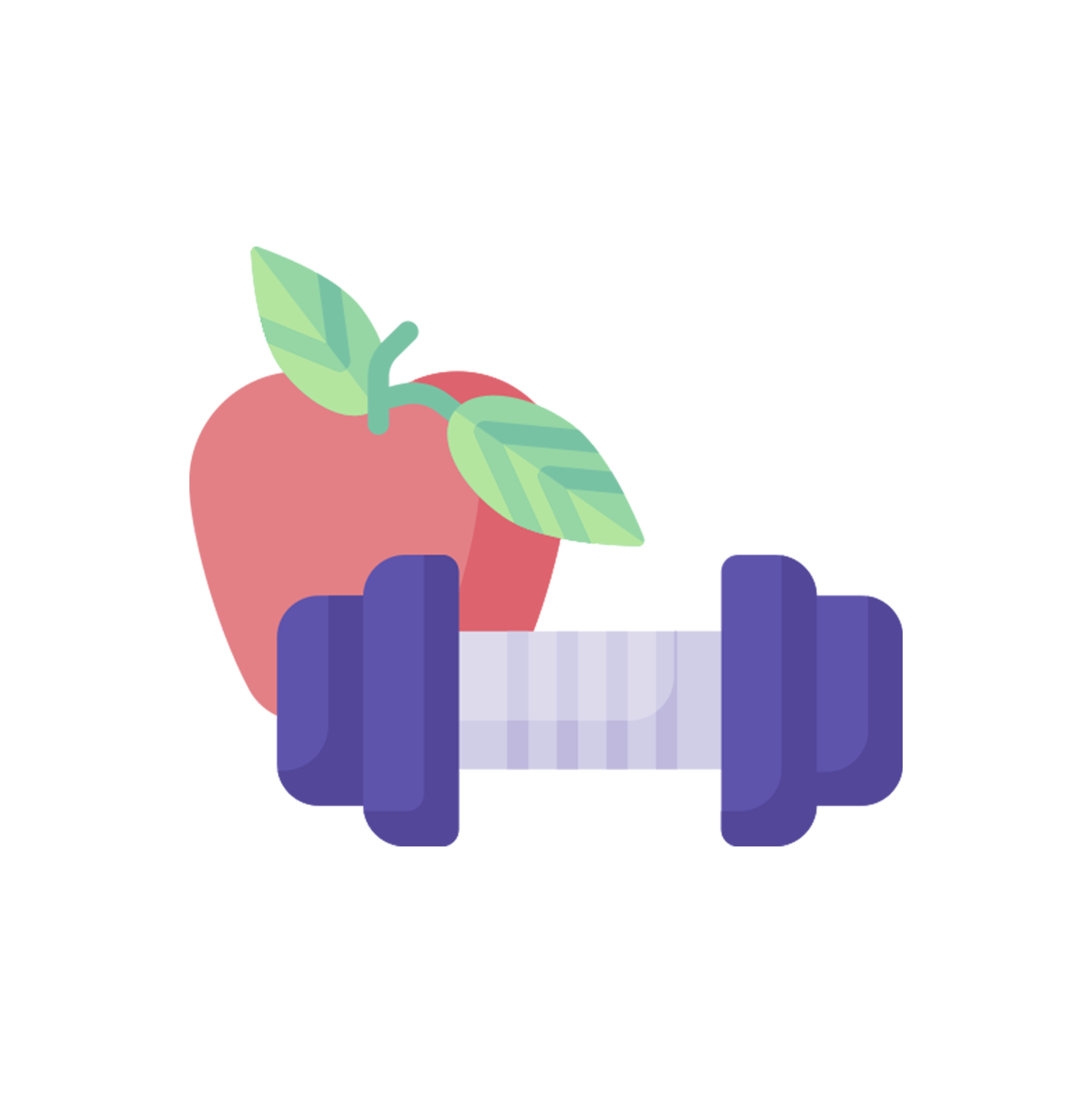How do our hormones relate to our physical activity? It affects everything from our muscle, performance speed, endurance, and body weight.
The big players are insulin, cortisol, testosterone, growth hormone and insulin-like growth factor.
Insulin
Insulin increases muscle growth - particularly if there is enough protein available. This is one of the main reasons experts recommend you to eat carbohydrates with protein after exercise. Carbohydrates stimulate the release of insulin, which helps to build muscle.
Handy Tips: Post workout food can be crab and protein snack with a piece of fruit or great sparkle of nuts, or do a slice of whole grain toast with some cottage cheese.
Cortisol
Cortisol is one of the main ""stress hormones"" and also has been linked with fat storage around the middle area and heart disease.1 Level of this type of hormones will raise during high intensity exercises, so be sure to add lower intensity activities while doing your fitness routine.2
Handy Tips: Include lower intensity workouts such as yoga, pilates, swimming and walking into your workout plan.
Testosterone
Testosterone increases lean body mass.3 If losing weight is your goal, focus on cardiovascular exercise. Doing some strength training will help to keep you lean too!
Handy Tips: Arrange cardiovascular exercise or strength training in your program!
Estrogen
Most female athletes, particularly those in sports with an emphasis on a low body weight, don’t have regular menstrual cycles and suffer from low estrogen/ oestrogen. This situation is mainly caused by not intaking enough food that can replace the used energy.4
Handy Tips: Ensure that your take enough calories meets your energy requirement, helping you to maintain regular menstrual cycles and reduce the effects on fertilization and estrogen/ oestrogen level.
There are various stages of hormone changes during your menstruation. Your body endurance is typically better around day 18 - 20.5 Your body temperature will raise around day 14 - 28, causing you to sweat more.6
Handy Tips: Wear lighter and breathable clothes when it’s day 14-28 in your cycle to keep yourself cool. You could also work out under a coolish environment and make sure to stay hydrated by drinking more water!
Growth & Sex Hormones
The older you get, the less growth and sex hormones your body will have.7 Thus, you will need slightly more protein substance to reduce your chance of muscle loss.8 Work out regularly to reduce the increase of fat mass that often accompanies with ageing. It does not only contribute to positive heart and circulation benefits, but also slows down the natural decline of your bone density.
Handy Tips: Muscle loss is not something you cannot truly prevent when you are ageing. Having sufficient protein is a key to slow down the process. Food such as fish, eggs, nuts and seeds, low fat dairy, beans and lean poultry are good picks! Combining with a good amount of exercise will also help to stay fit and healthy.
So the next time when you're training, take some time to think about how complex your body is; and remember that to keep it running smoothly, you need to look after it. Diet, exercise, sleep and relaxation are great places to start.
Sources
- Cagnacci A, Cannoletta M, Caretto S, et al. Increased cortisol level: a possible link between climacteric symptoms and cardiovascular risk factors. Menopause. 2011;18(3):273-8.
- Hill EE, Zack E, Battaglini C, et al. Exercise and circulating cortisol levels: the intensity threshold effect. J Endocrinol Invest. 2008;31(7):587-91.
- Volek JS, Kraemer WJ, Bush JA, et al. Testosterone and cortisol in relationship to dietary nutrients and resistance exercise. J Appl Physiol. 1997;82(1):49-54.
- Williams NI, Helmreich DL, Parfitt DB, et al. Evidence for a causal role of low energy availability in the induction of menstrual cycle disturbances during strenuous exercise training. J Clin Endocrinol Metab 2001b.
- Oosthuyse T, Bosch AN. The effect of the menstrual cycle on exercise metabolism: implications for exercise performance in eumenorrhoeic women. Sports Med. 2010;40(3):207-27.
- DE Jonge XA et al. Exercise performance over the menstrual cycle in temperate and hot, humid conditions. Med Sci Sports Exerc. 2012; 44(11):2190-8.
- Barzilai N, Huffman DM, Muzumdar RH, Bartke A. The Critical Role of Metabolic Pathways in Aging. Diabetes. 2012;61(6):1315-22.
- Scientific Opinion on Dietary Reference Values for protein. EFSA Panel on Dietetic Products, Nutrition and Allergies (NDA).European Food Safety Authority (EFSA). EFSA Journal 2012;10(2):2557F
© Cigna Healthcare 2023
Information provided in this article is intended for health and fitness purposes only and is not intended for use in the diagnosis of disease or other conditions, or in the cure, mitigation, treatment or prevention of disease (see Terms & Conditions for details). Any health-related information found in this article is available only for your interest and should not be treated as medical advice. Users should seek any medical advice from a physician, especially before self-diagnosing any ailment or embarking on any new lifestyle or exercise regime. Any information contained in this article may not be suitable, accurate, complete or reliable. Cigna Healthcare accepts no responsibility for the content or accuracy of information contained on external websites or resources, or for the security and safety of using them. "Cigna Healthcare" and the "Tree of Life" logo are registered trademarks of Cigna Intellectual Property, Inc. in the United States and elsewhere, licensed for use. All products and services are provided by or through operating subsidiaries, and not by The Cigna Group.




